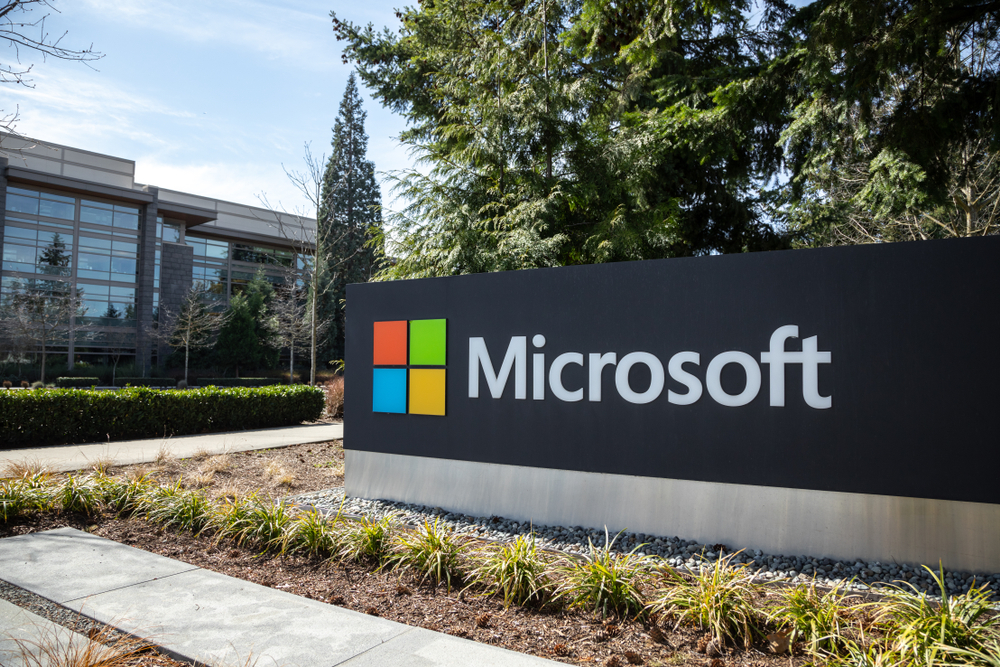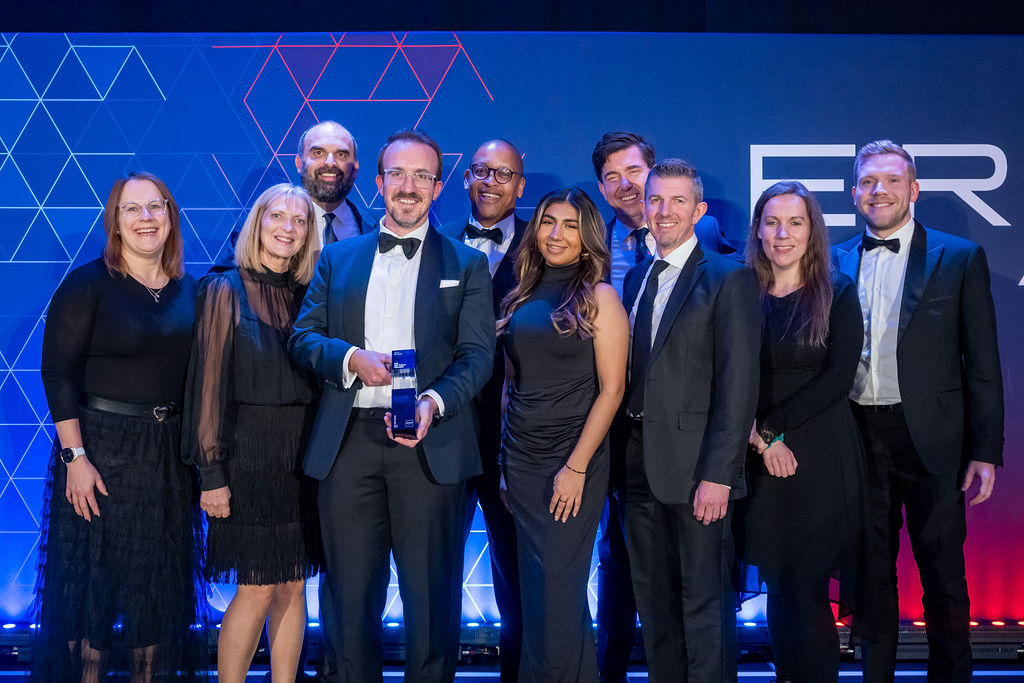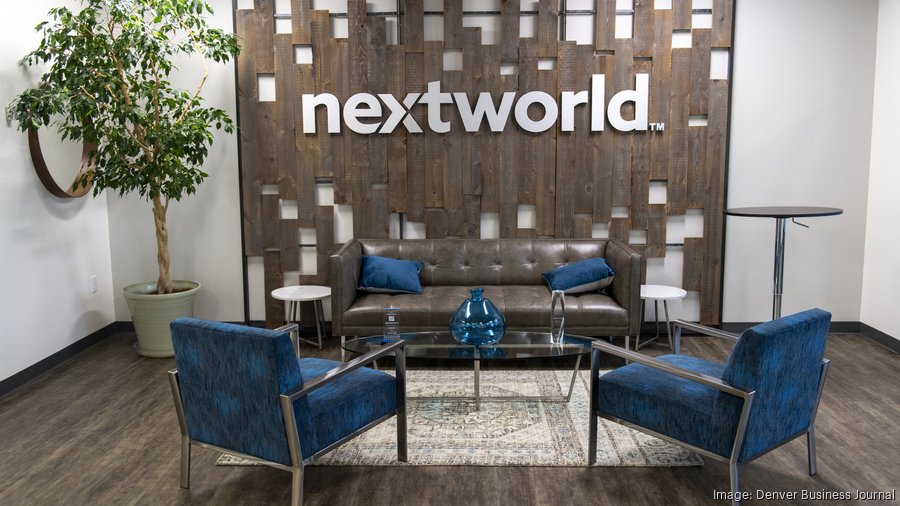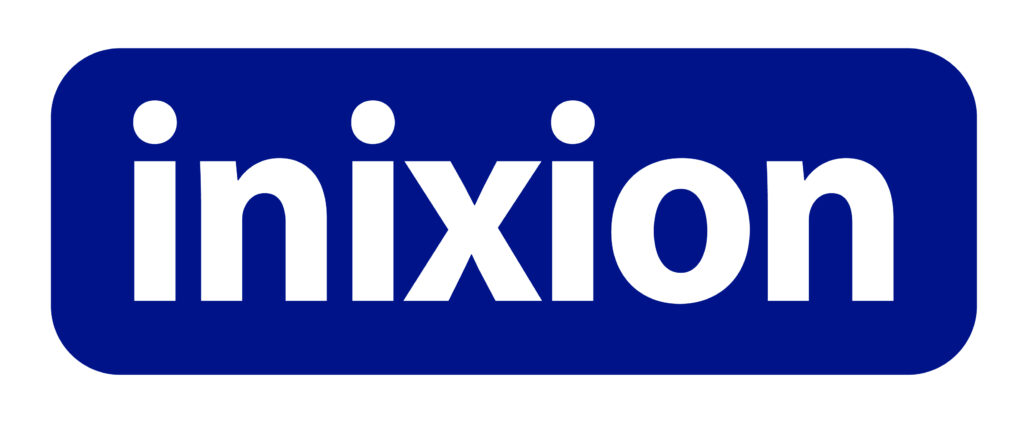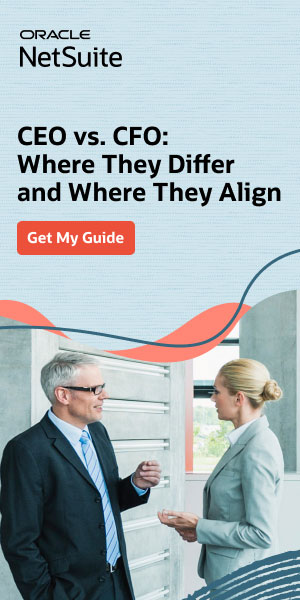Some of the world’s largest and most impactful organizations convened in Chicago in November 2024 at Microsoft Ignite, sharing real-world examples of how their investments in the Microsoft Copilot and AI stack are transforming their businesses and driving impact. Organizations across the globe are dedicating considerable resources to implementing generative AI into their workstreams to benefit their employees and customers.
NASA’s Earth Science Data Systems Program recently announced the creation of its Earth Copilot solution with Microsoft Azure OpenAI Service. Accenture said it’s rolling out Microsoft 365 Copilots and agents to 100,000 employees, with a commitment to deploy 200,000 more. Hundreds of other customers shared real examples of how they are embracing Microsoft’s AI capabilities to drive impact and shape today’s platform shift to AI.
Internal Microsoft data reveals that more than 85% of the Fortune 500 are using Microsoft AI, and nearly 70% of the Fortune 500 are using Microsoft 365 Copilot. But these numbers don’t necessarily tell the whole story, people do. Here are some of the AI success stories shared at the November event:
ABB Group, a manufacturing and operations automation provider, is using generative AI to help industrial-sector customers better manage their carbon footprint. The company turned to Microsoft Azure OpenAI Service to build Genix Copilot, a generative AI solution that integrates with its core Genix industrial IoT and analytics suite to answer customer questions in natural language and provides specific, actionable insights. For example, when a customer asked, “What’s the status of carbon emission across all our plants?” Genix Copilot reported that a plant was nearing its carbon emissions cap and recommended specific steps to prevent a breach. ABB says this proactive approach can help customers see up to 40% cost savings in operations and maintenance, a 30% boost in production efficiency, and a 25% improvement in sustainability. The new solution is also helping ABB’s own teams improve the way they work. “With Genix Copilot as a service, we are expecting at least 20% more momentum in sales,” said Rajesh Ramachandran, Global Chief Digital Officer for Process Automation at ABB. “We can close deals faster, it brings a new set of customers and it increases existing customer sales. We are (also) seeing an 80% reduction in service calls because they can be taken care of by Genix Copilot before those calls need to reach a support agent.”
Air India, the nation’s flagship carrier, has significantly enhanced its customer experience by migrating its workloads to Microsoft Azure. Faced with outdated technology, the airline sought modernization to improve service for millions of passengers. By implementing Microsoft Azure OpenAI Service and the latest GPT models, Air India developed AI.g, a virtual assistant capable of handling 30,000 daily queries on topics like bookings and flight status. This innovation has enabled millions of automated customer interactions, freeing up contact center staff for more complex issues. The transition to Azure has not only improved the customer experience and operational efficiency but also led to significant financial savings. “We have doubled our passenger count since early 2022,” said Dr. Satya Ramaswamy, Chief Digital and Technology Officer, Air India. “But the call volume in our contact center remains the same — about 9,000 queries daily. That’s because AI.g is handling about 10,000 a day. That saves us several million dollars a year. And AI.g would not have been possible without strong collaboration with Microsoft.”
C.H. Robinson, one of the world’s largest logistics platforms, automated its email price quoting system using Microsoft Azure AI to significantly reduce response times for over 2,000 daily pricing requests from shippers. The company’s automated AI system now classifies incoming email, uses generative AI to piece together the details in it, then replicates the steps a person would take to fulfill the customer’s request. This automation has slashed email quote times from hours to just 32 seconds, freeing employees for more valuable tasks. “Incorporating Azure AI in our tech has helped put us on pace to achieve another 15% increase in productivity this year,” said Mark Albrecht, Vice President, Data Science, C.H. Robinson. “Big picture, this tech makes it possible to automate virtually any kind of email transaction and capture efficiencies in global supply chains that just couldn’t be achieved before building this Azure-based generative AI solution.”
Eaton, an intelligent power management company, is leveraging Microsoft 365 Copilot to help streamline and automate operations, improve data access, centralize knowledge, and empower teams to focus on higher-value tasks. One immediate challenge addressed through Copilot focused on the manual, time-consuming documentation process in Eaton’s Finance operations. Copilot helped Eaton document over 9,000 standard operating procedures (SOPs), resulting in an 83% time savings for each SOP. “We’re working to get information out of people’s heads, to get the expertise of the organization into technology where it’s accessible,” said Katrina Redmond, CIO, Eaton Corp.
Lenovo is a global technology company with a broad portfolio that includes devices, infrastructure, IT services and complex solutions. Its Premier Support services team is using Dynamics 365 Contact Center and Dynamics 365 Customer Service, both with Copilot, to deliver an AI-powered chat service to streamline support operations and keep pace with growing demand. Thanks to real-time, high-quality suggestions from Copilot, service reps spend less time gathering and reviewing information and more time resolving the issue. “As a result, average handling time has fallen by 20% and agent productivity is up 15%,” said Chen Lu, Director, Services IT Delivery, Lenovo. “And with higher satisfaction ratings, we know that customers are happier too.”
Ontada, part of McKesson Corp., is an oncology technology and insights business dedicated to transforming the fight against cancer. The company turned to Microsoft Azure AI, including Azure OpenAI Service, to process more than 150 million unstructured oncology document components including clinician notes, prescriptions and testing. This helps researchers extract potentially valuable information that was previously unanalyzed or unused to accelerate research and development and ultimately help bring new treatments to patients. “We were collecting the right data, but it’s impossible for a human to make the correlations needed to gather meaningful insights,” said Amy O’Sullivan, Chief Research Officer, Ontada.“Utilizing Azure OpenAI Service, we are now processing over 150 million unstructured data documents in half the time it previously took.”
Toyota Motor Corporation, a nearly 100-year-old car manufacturer, is tapping the power of generative AI to accelerate innovation and ensure expert knowledge is retained as senior engineers retire. The company used Microsoft Azure OpenAI Service, Azure Functions and Cosmos DB to build a system of generative AI agents to store and share internal expertise with the goal of developing new vehicle models faster. For example, an engineer might ask the system how to make a car run faster. An engine agent might give an answer related to engine output while a regulatory agent provides an answer on limits to emissions, which the system then consolidates into a single reply. Toyota says its powertrain engineering team uses the new solution hundreds of times a month. “These experts are relatively senior,” said Kenji Onishi, automotive engineer, Toyota. “When they retire, their knowledge will be gone. The mission here is to prevent it from happening. So we’d like to transfer this knowledge to the next generation.”
What this means for ERP insiders
Join us in London on 12 December 2024. Be a guest of the ERP Today CEO on Thursday, 12 December at Park Plaza Riverbank London at “Mastering ERP” – a unique one-day Summit hosted by ERP Today that will bring ERP and AI professionals together with top experts to collaborate on best practices for innovating core ERP applications using Artificial Intelligence. As a companion event to the ERP Today Awards celebration, this learning and discussion-based summit delivers the critical information and key connections you need to plan and execute your AI in ERP projects in 2025 and beyond! Now is the time to learn all you can to prepare for your AI journey or sanity check your strategy and projects already underway to make sure you’ve got it right. If you’re in the London, UK area and would like to join us, please message me, and I’ll get you a free CEO-guest pass!
Microsoft ERP customers enjoy multiple AI-enabled features. The Dynamics 365 ERP and CRM application suite now delivers AI-infused functionality in multiple areas. In Sales, AI-assisted email composition utilizes AI to draft email replies, meeting summaries, and update customer records, streamlining communication and administrative tasks. In Customer Service, AI-Powered Copilot assists agents by diagnosing issues, suggesting solutions, and automating routine tasks, leading to faster issue resolution and improved customer satisfaction. The Marketing suite employs AI to deliver real-time insights, enabling the creation of targeted customer segments and personalized campaigns. In Supply Chain Management, AI synthesizes complex data across supply chain operations, providing actionable insights and streamlining decision-making. In Viva Sales, AI-Powered Insights integrates with Outlook and Teams to provide sellers with AI-driven insights and actions, optimizing sales strategies and productivity.
Microsoft customers should extract maximum value from the ecosystem. As of this writing, Microsoft ranks as the world’s first or second largest technology company, with a market cap of over US$3 trillion. This comes with abundant resources, network contacts, and R&D horsepower, all of which contribute to customer success. Customers pursuing AI-enabled innovation and transformation should first invest in data management and infrastructure, implementing robust data governance practices to maintain accurate and consistent data, which is crucial for effective AI outcomes. It might also make sense to leverage Microsoft’s cloud services, like Azure AI, to provide the necessary scalability and performance for AI workloads. Also, leverage Microsoft’s AI tools and services, including pre-built models such as Azure Cognitive Services and Dynamics 365 Copilot, to accelerate deployment and reduce development time. As a general rule, implement strong AI governance, including frameworks to ensure responsible AI use, addressing issues like bias and transparency and regular reviews of AI systems to ensure adherence to regulatory standards and organizational policies. Finally, engage with Microsoft’s ecosystem. Participate in Microsoft’s training and events, including workshops, webinars, and conferences to stay informed about the latest AI developments. And work with Microsoft’s partner network to access specialized expertise and resources for AI implementation.

